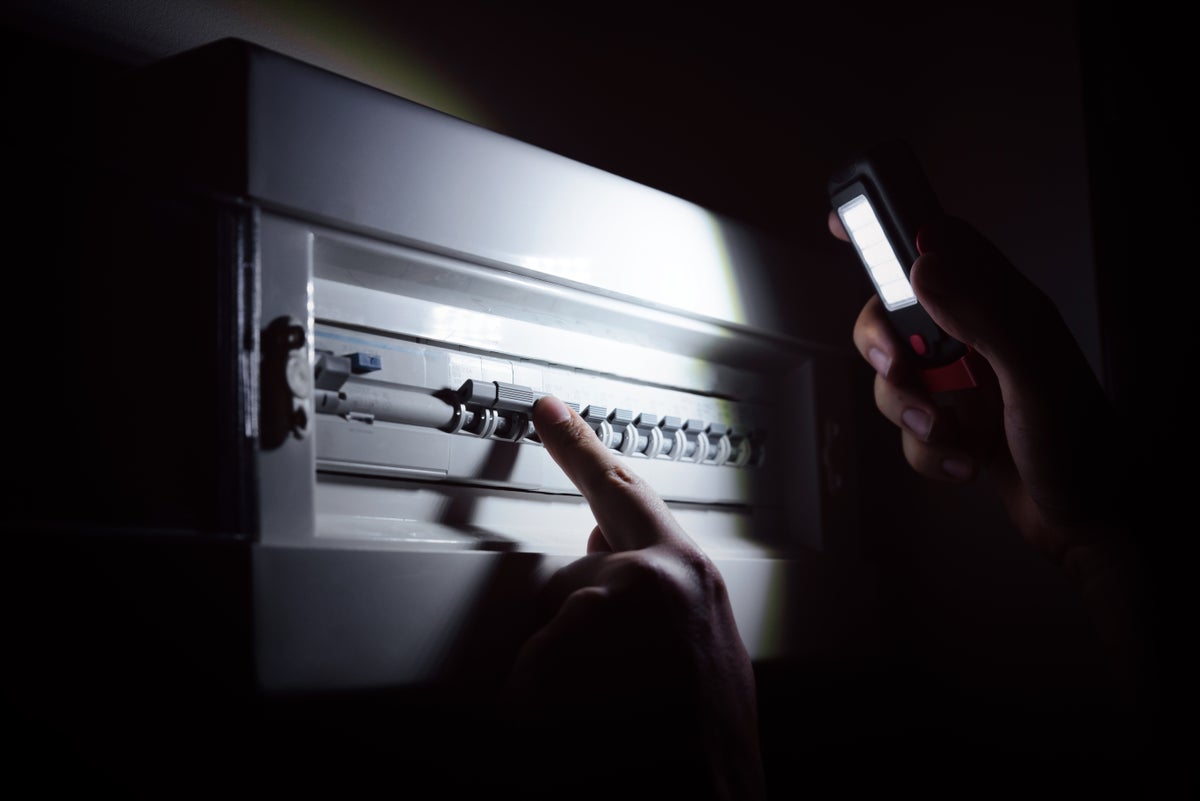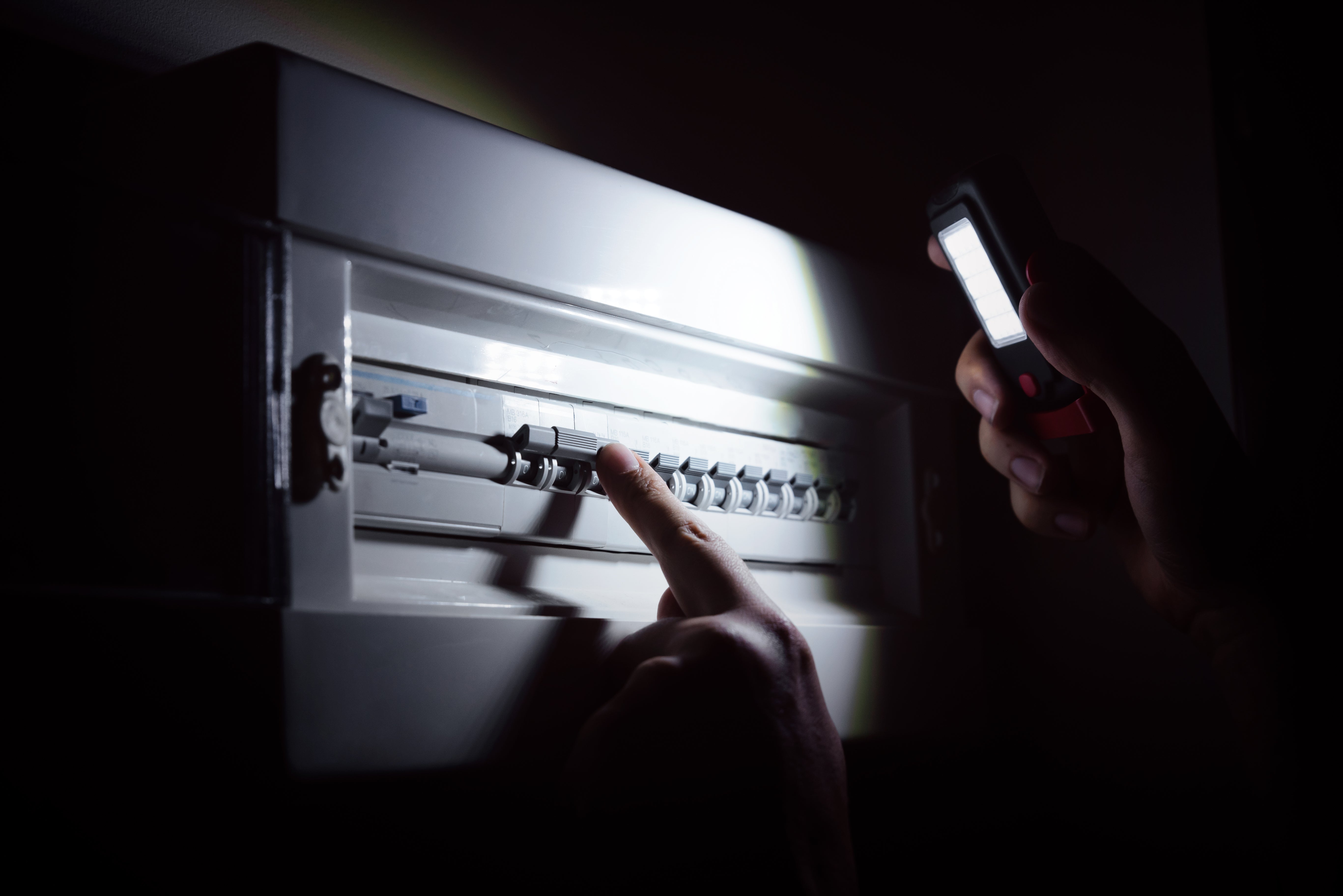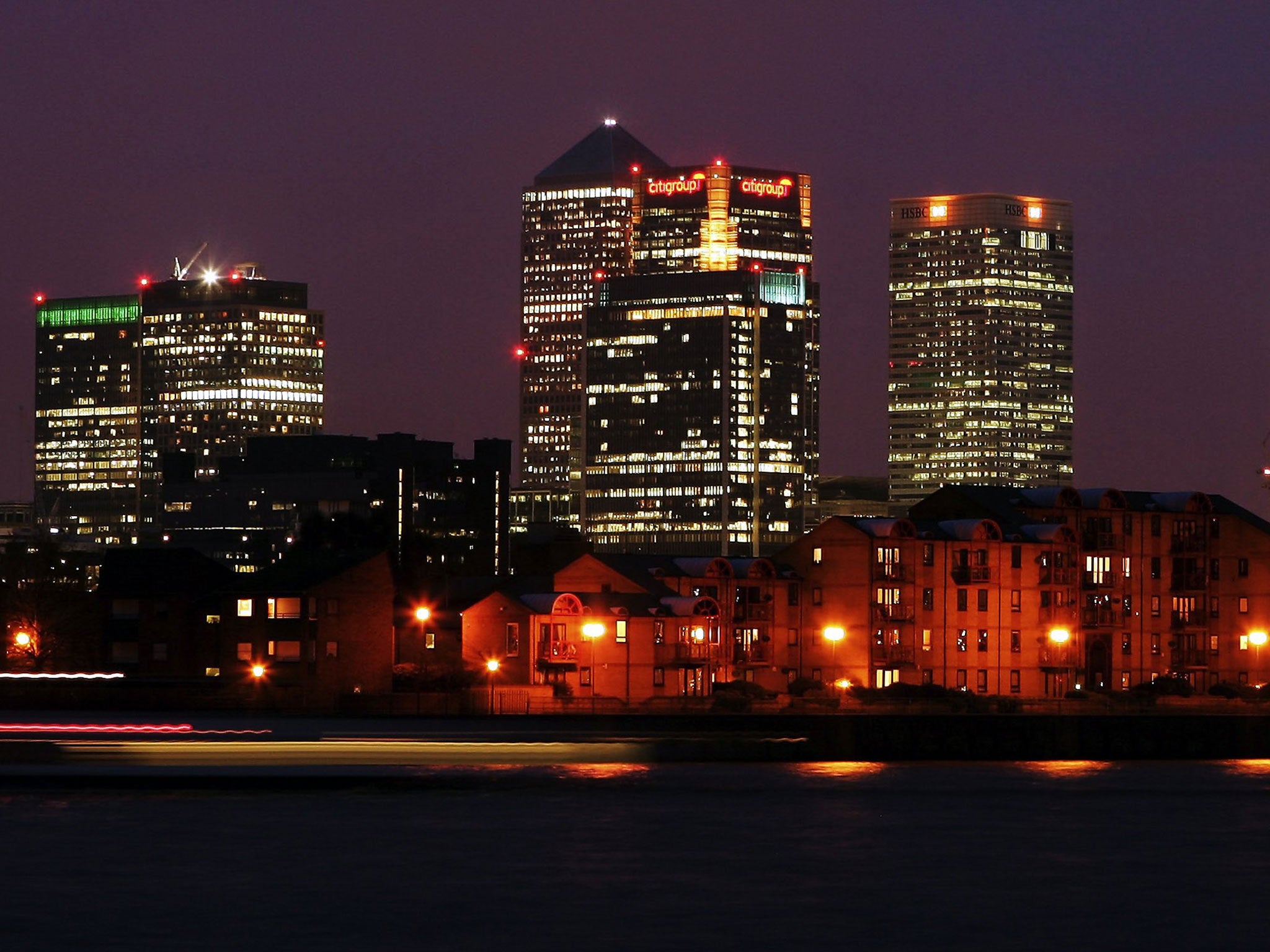
People in Britain will be given money back on their bills for using energy at off-peak times this winter in a new scheme aimed at preventing the first planned blackouts in decades.
Gas power plants are expected to require roughly a fifth more gas than usual in the coming months as a result of electricity imports from France, Belgium and the Netherlands likely decreasing with European energy supplies facing a “challenging” winter following Russia's invasion of Ukraine.
The National Grid Electricity System Operator (ESO) is also planning for a scenario in which imports from the continent cease completely and there are two gigawatts of coal-fired power plants on stand-by to fire up if needed to meet demand.
It is also launching a “Demand Flexibility Service”, encouraging consumers to “save money and back Britain” by signing up to a scheme that will see them given money back on their bills to shift their electricity usage to periods of lower demand in order to ease pressure on the grid.
Under the programme, which is due to run until March, those who sign up will be asked a day in advance not to use electricity during certain peak times the following day.
The scheme was expected to begin on Tuesday, November 29 but the National Grid decided against it. No date has been set yet for the rollout.
The Demand Flexibility Service was launched earlier this month and has already been tested twice, but has not yet run live.
It comes as France has been facing months of problems with its nuclear power plants, which generate around three quarters of the country’s electricity.
More than half of the nuclear reactors run by state energy company EDF have closed due to maintenance problems and technical issues.
Regardless of the state of the UK’s energy supply, the scheme is ultimately expected to swing into action at least 12 times to ensure that people are rewarded for using the scheme, with supplier Ovo Energy saying its customers could save £100 if they sign up.

Larger businesses will also be paid for reducing demand, for example by shifting their times of energy use or switching to batteries or generators in peak times.
Jake Rigg, the ESO’s director of corporate affairs, said: “The Demand Flexibility Service is a first of its kind and a smart way for signed up consumers in homes and businesses to save money and back Britain.
“If you put your washing machine or other electrical appliances on at night instead of the peak in the early evening, you can get some money back when we all need it.
“The service is due to launch in November, so watch out for further details soon. This really is a window into the future where a flexible energy system will be cleaner and lower cost to alternatives.”
Under the government’s new price cap, electricity is set to cost 34p per kilowatt hour for the next two years.
The scheme will only be open to households with smart meters, of which there are around 14 million in the UK, as it requires half-hourly meter readings.
The programme was trialled by Octopus Energy earlier this year, with 100,000 of its customers reported to have taken part.

The ESO has since worked with suppliers, aggregators and consumer groups to scale it up to a national service.
In the Octopus trial, its customers were told a day in advance to reduce their consumption for a two-hour period, including between 4.30pm and 6.30pm, when demand is highest. The average household saved 23p per two-hour period, although some saved up to £4.35.
Octopus paid their customers the sums owed by crediting it to their energy accounts but it also had a “self-refund option”, where people could request that the money be transferred to their bank accounts.
As the scheme is established, energy suppliers will bid to take part in a series of tests, submitting to the National Grid the price they believe their customers need to be paid in order to take part, which some major firms believe to be at least £1 to £2 per kilowatt hour, The Times reported.
Announcing the scheme earlier this month, the ESO warned that if there is not enough gas to keep the country’s power stations going in January it could force distributors to cut off electricity to households and businesses for three-hour blocks during the day.
This would amount to the first planned blackouts in decades, with the UK having experienced such measures during the mining strikes and oil crisis in the 1970s and during major storms, including in 1987 when more than 1.5 million people were plunged into darkness.
Attending the inaugural European Political Community summit in Prague as the National Grid’s Demand Flexibility Service was announced, former British prime minister Liz Truss said she would ask fellow European leaders – some of whom have asked citizens to cut energy consumption – to keep open gas and electricity interconnectors this winter.
“The UK sends and receives both gas and electricity through the undersea cables and pipelines that link us with neighbours like France, Belgium and the Netherlands,” she wrote in The Times, adding: “Today we must all commit to keeping those connections open this winter so we keep the lights on across the continent.”
It is hoped the demand flexibility service will deliver two gigawatts of energy savings if required.
Additional reporting by PA







